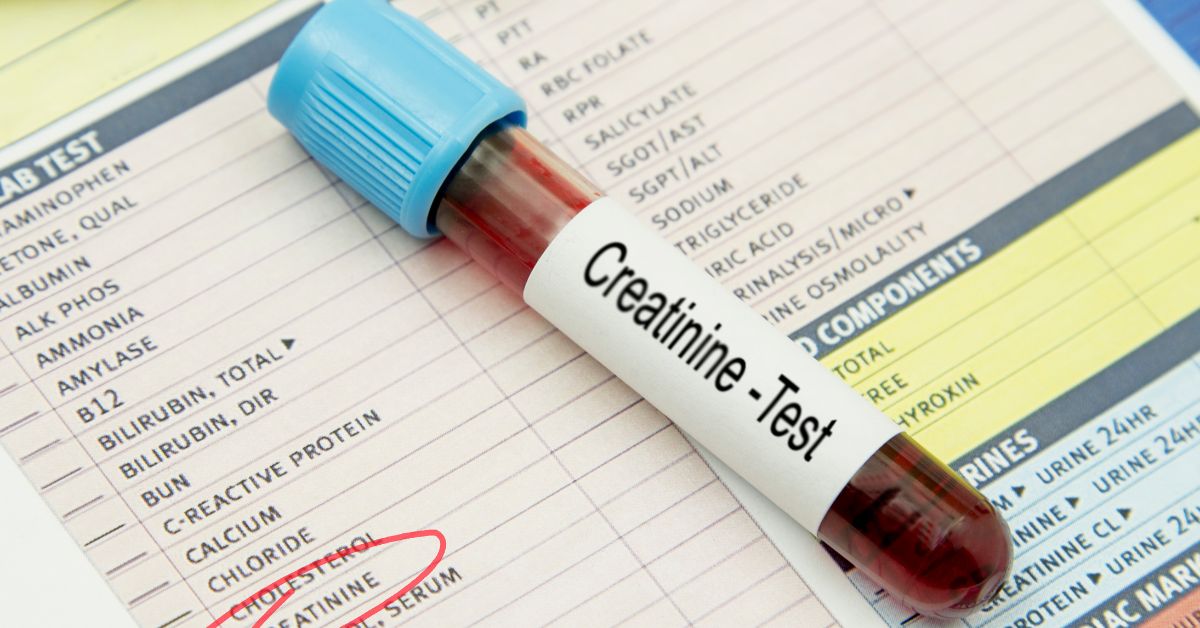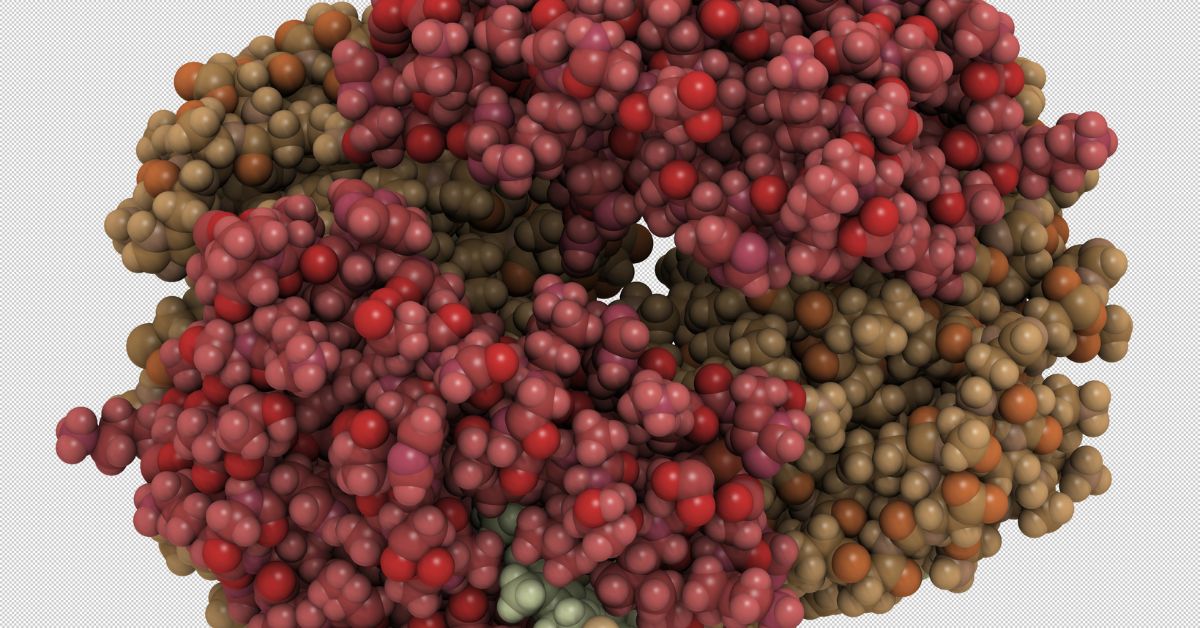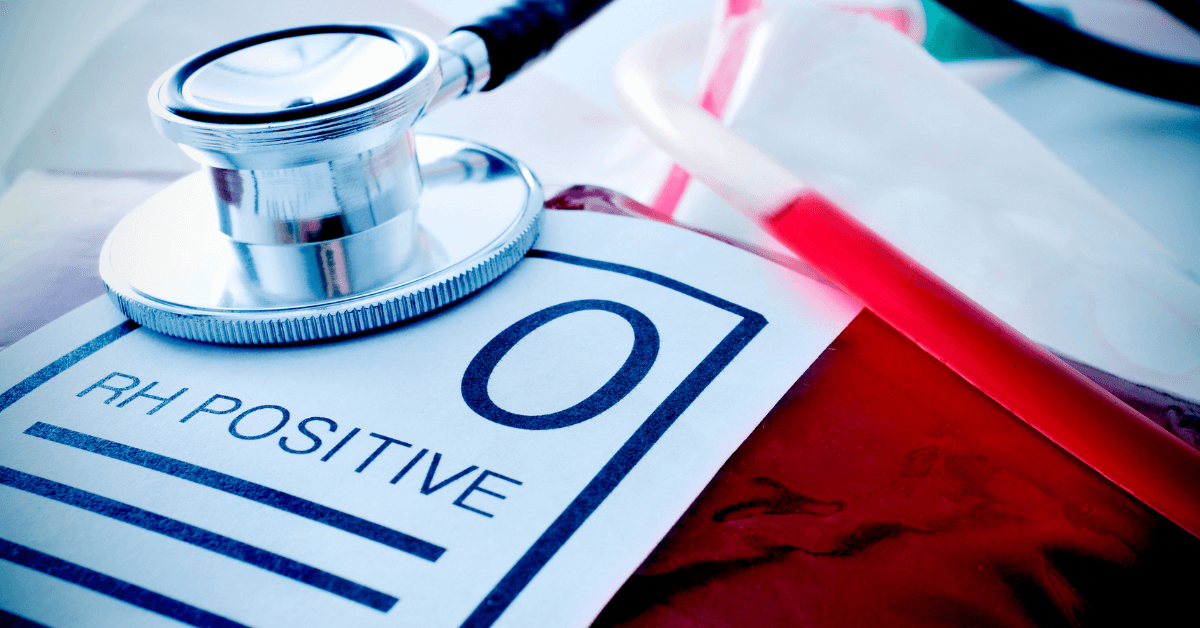MCH (Mean Corpuscular Hemoglobin) stands for the average amount of hemoglobin in a red blood cell. This is a crucial indicator in blood tests, particularly in the complete blood count (CBC). Understanding MCH helps you gain important insights about your health, especially the risk of anemia. Let’s explore “what MCH in blood is” through the article below.
Understanding MCH
- What MCH in blood is?: MCH is the average amount of hemoglobin (a protein containing iron) present in a red blood cell. Hemoglobin’s role is to help red blood cells transport oxygen from the lungs to tissues and organs throughout the body.
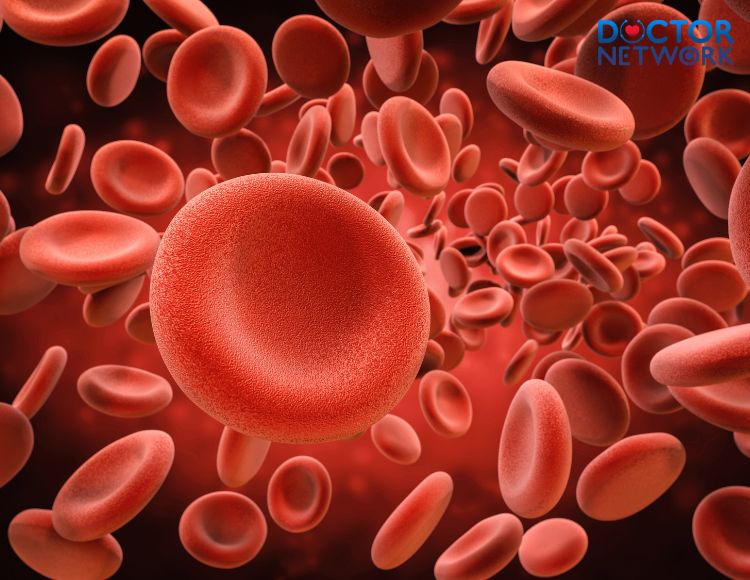
What MCH in blood is? MCH is the average amount of hemoglobin (a protein containing iron) present in a red blood cell
- The Role of MCH – what MCH in blood is: MCH is an essential component ensuring the efficient transportation of oxygen. When the MCH level is abnormal, the ability to carry oxygen is impaired, affecting the functioning of the entire body.
- MCH Test: The MCH level is determined through a complete blood count (CBC) test. Doctors usually order this test when anemia or other medical conditions are suspected.
MCH Levels
Normal MCH Levels:
- Adults: 27 – 33 picograms (pg)/cell
- Children: Varies depending on age
High MCH – Causes and Explanation:
- Macrocytic anemia (due to vitamin B12 or folic acid deficiency)
- Liver disease
- Hypothyroidism
- Complications of certain cancers
- Use of certain medications
Low MCH – Causes and Explanation:
- Iron deficiency anemia (most common cause)
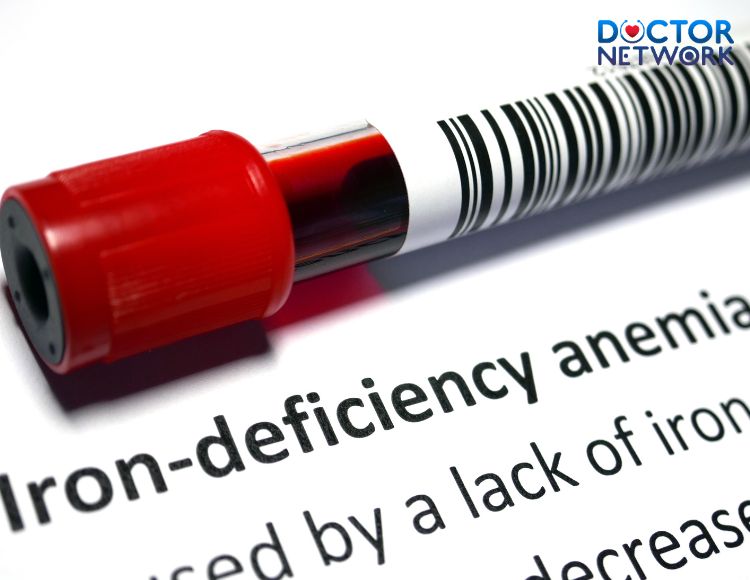
Iron deficiency anemia is the most common cause of low MCH
- Blood loss (injury, prolonged menstruation, gastrointestinal bleeding, etc.)
- Thalassemia (a hereditary blood disorder)
- Certain chronic diseases
The Connection Between MCH and Health
Conditions Related to Abnormal MCH: High or low MCH is a warning sign of various health issues, notably different types of anemia and liver, kidney, or thyroid diseases.
Symptoms of High or Low MCH:
- Fatigue, lack of energy
- Pale skin and mucous membranes
- Shortness of breath, rapid heartbeat
- Dizziness, headaches
- Cold hands and feet
Ways to Adjust MCH Levels: Treatment primarily focuses on addressing the underlying cause. Doctors may recommend:
- Iron, vitamin B12, or folic acid supplements
- Treating underlying medical conditions
- Changing diet
Frequently Asked Questions About “what MCH in blood is”
Do I need to fast before an MCH test?
Usually, fasting is not required before an MCH test.
What does the MCH value indicate in diagnosing diseases?
MCH helps diagnose anemia, differentiate between types of anemia, and monitor treatment responses.
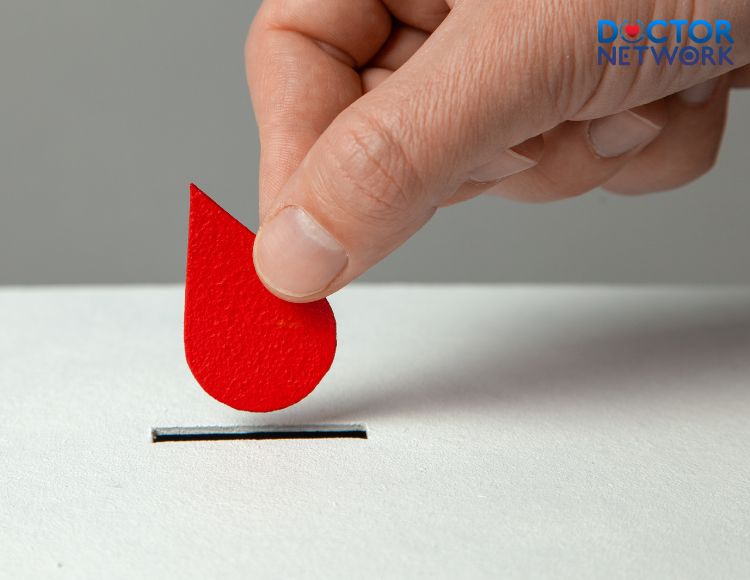
MCH helps diagnose anemia, differentiate between types of anemia, and monitor treatment responses
How can I improve my MCH level at home?
Follow your doctor’s treatment guidelines and incorporate iron-rich, vitamin B12-rich foods into your diet.
Common Questions About “What MCH in Blood Is”
Here are common questions about “what MCH in blood is“:
- My MCH level is below normal. What does that mean?
A low MCH level usually indicates possible anemia, most commonly iron deficiency anemia. This means your body doesn’t have enough healthy red blood cells or hemoglobin to transport oxygen effectively to tissues. Further tests will be needed to determine the exact cause and specific type of anemia.
- Is a high MCH dangerous?
High MCH can be a sign of underlying health conditions, including macrocytic anemia (due to vitamin B12 or folic acid deficiency), liver or thyroid issues, or even cancer complications. It’s important to work with your doctor to determine the underlying cause if your MCH is high.
- How can I improve my MCH level?
The best way to improve MCH levels depends on the cause of the high or low levels.
- If low MCH is due to iron deficiency, your doctor may recommend iron supplements and increasing iron-rich foods in your diet.
- If MCH is high or low due to an underlying medical condition, treating that condition will help normalize your MCH levels.
- Do I need to fast before an MCH test?
Generally, you do not need to fast before an MCH test. The MCH test is typically part of the complete blood count (CBC), which can assess your overall health.
- Are there other blood tests that assess anemia besides MCH?
Yes, besides MCH, several other blood tests are important for diagnosing anemia, including:
- MCHC (Mean Corpuscular Hemoglobin Concentration)
- MCV (Mean Corpuscular Volume)
- Red blood cell count
- Ferritin test (assesses iron stores in the body)
- Vitamin B12 and folate tests
Scientific References on “What MCH in Blood Is”
Here are scientific references on “what MCH in blood is“:
- Clinical Medicine Textbook: “MCH is the average amount of hemoglobin in a red blood cell, reflecting the oxygen-carrying capacity of the red blood cell.” (Clinical Medicine Textbook, Ministry of Health Vietnam, 2019)
- World Health Organization (WHO): “The normal MCH level for adults is 27 – 33 picograms (pg)/cell.” (WHO Guidelines on Hemoglobin Levels and Iron Deficiency Anemia, 2011)
- Journal of the American College of Cardiology: “Low MCH can increase the risk of heart failure and cardiovascular complications.” (Journal of the American College of Cardiology, 2014)
- Diagnostic and Treatment Manual: “The MCH test is usually performed as part of the complete blood count (CBC).” (Diagnostic and Treatment Manual, Ministry of Health Vietnam, 2020)
- Patient Guidebook: “You do not need to fast before an MCH test.” (Patient Guidebook, Bach Mai Hospital, 2023)
MCH is an important health indicator. If you have abnormal MCH levels in your blood, you should see a doctor for accurate diagnosis and appropriate treatment. We hope this article provides you with comprehensive information about “what MCH in blood is”
References:
https://www.verywellhealth.com/what-is-an-mch-in-a-blood-test-5092194
Kiểm Duyệt Nội Dung
More than 10 years of marketing communications experience in the medical and health field.
Successfully deployed marketing communication activities, content development and social networking channels for hospital partners, clinics, doctors and medical professionals across the country.
More than 6 years of experience in organizing and producing leading prestigious medical programs in Vietnam, in collaboration with Ho Chi Minh City Television (HTV). Typical programs include Nhật Ký Blouse Trắng, Bác Sĩ Nói Gì, Alo Bác Sĩ Nghe, Nhật Ký Hạnh Phúc, Vui Khỏe Cùng Con, Bác Sỹ Mẹ, v.v.
Comprehensive cooperation with hundreds of hospitals and clinics, thousands of doctors and medical experts to join hands in building a medical content and service platform on the Doctor Network application.














